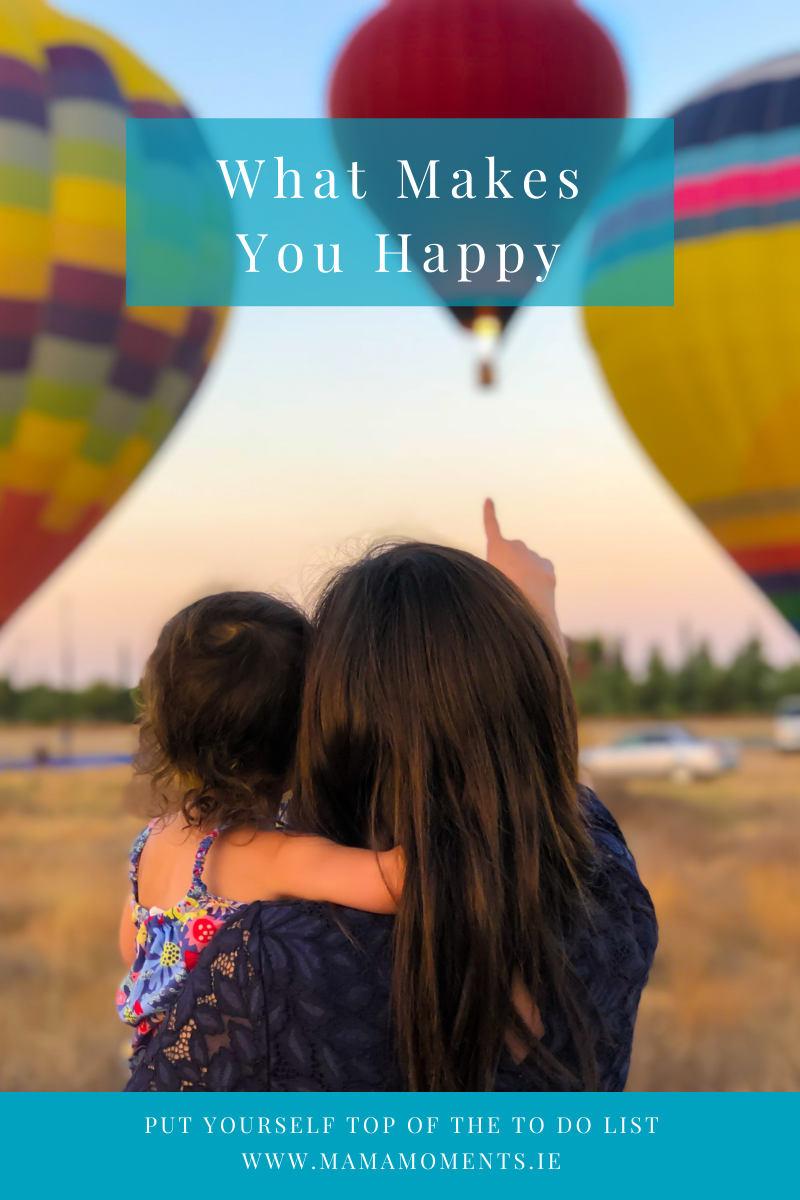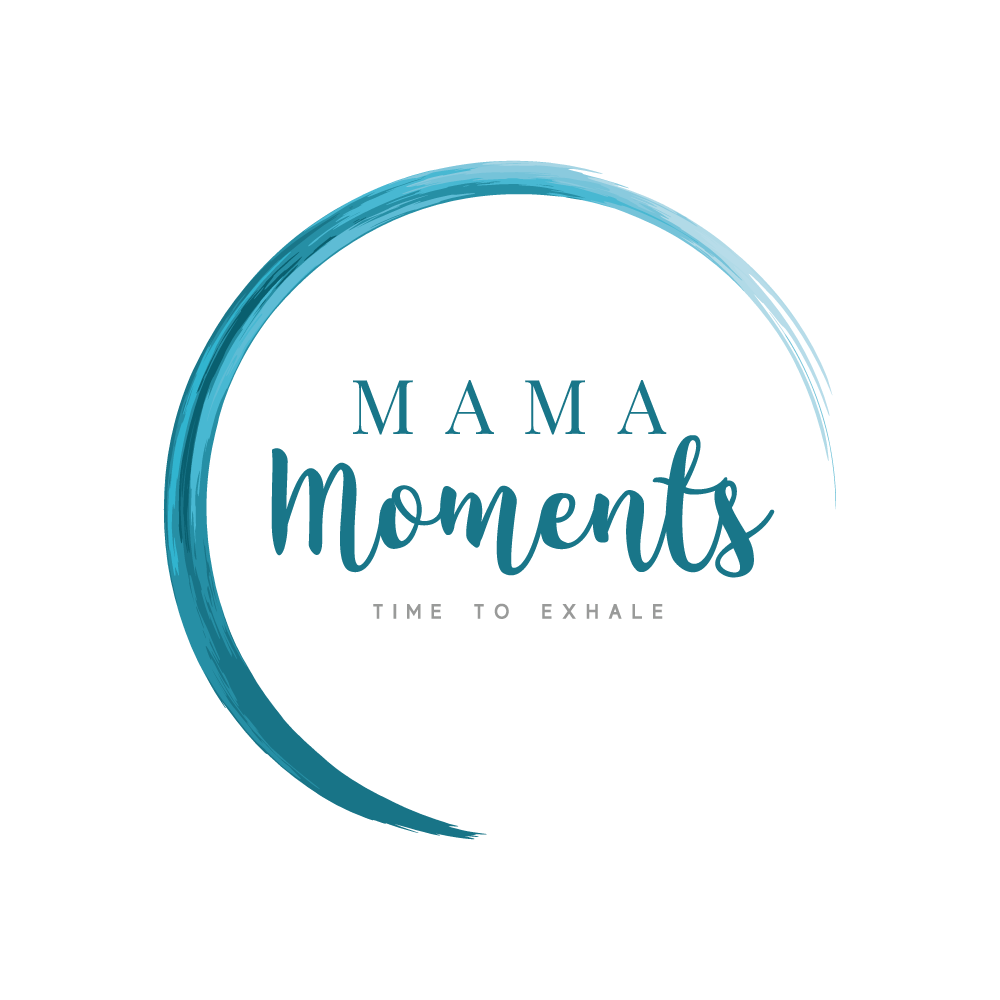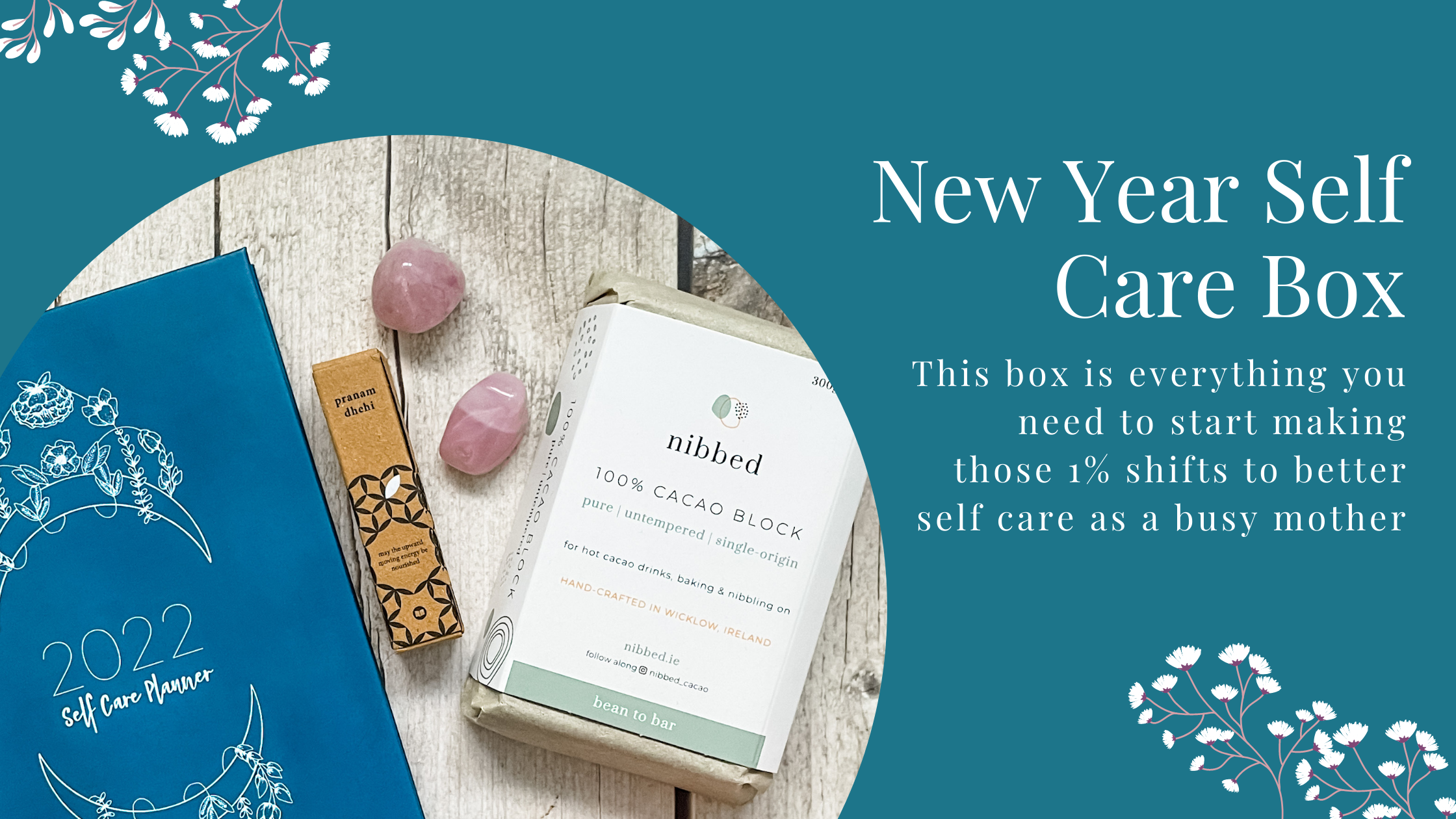 There’s an interesting quandary we rarely consider when we push the pram around the shop floor testing out the durability of the wheels on a tiled floor…
There’s an interesting quandary we rarely consider when we push the pram around the shop floor testing out the durability of the wheels on a tiled floor…
How does parenthood affect our happiness?
Now, I know there is a squirrelling happiness mingled with anxiety and worry when babies become a reality. It’s an odd elation with thoughts of what life will be like as a family and whether those pram wheels will manage a rocky climb on a well-beaten path through hills. But happiness is never really ever in doubt. Or at least there is a perceived assumption that becoming a parent equals more happiness than you believed possible.
And yet this is why parenthood and happiness is quite the quandary.
Does becoming a parent make you happier?
The Quandary of Parenthood
Firstly, there is no rule of thumb when it comes to equating parenthood with happiness. It depends on the type of person we are, where we live, our social situations, our relationships, the economy and so much more. But the idea of happiness in parenthood also goes a little deeper and runs a little uneven on the happiness scales. You see, research has shown that early parenthood results in less happiness in the first few years of parenthood. Exhaustion, new routines, unequal expectations, and a loss of self all play a part in our happiness dipping when we become parents. Our relationships may become strained, our time is no longer our own, and disparagingly, often as mothers, we are left to question our role in our careers.
Where does happiness lie in between the nappy rash and the broken sleep?
They say as children grow, so do parents and our happiness levels with it. In the meantime, we are left with quite a catch-22 as we find ourselves stuck between being content as a parent but missing our lives before Sudocrem became a staple on our shopping lists.
But again, it is not the same for everyone.
Yet, for those of us in a happiness lull, all is not lost because as I say, happiness does not lie in a steady equilibrium. It’s not a straight line of happy versus sad.
The Struggle of Happiness
Motherhood brings with it confusion. Pregnancy is difficult, yet we’re expected to be happy as we bloom through the round ligament pains and morning sickness. Early motherhood is a literal blur of emotions and hormones and yet we’re expected once again to bathe in the glow of new motherhood. There is an internal struggle as we navigate this new role. The struggle seems to sway in a way that doesn’t benefit us.
We lean towards giving all of our caring and loving to those around us, especially our children. We make them laugh, create memories, and centre their happiness. But what about our own? Who will make us happy? The struggle of happiness lies in not acknowledging that we are responsible for our own happiness. We are. We are so very much responsible for our own happiness. So how do we create a shift in our lives so that we understand what makes us happy?
Finding Your Inner Happiness
Over the past few weeks, every mother in the world seems to have heavily related to Luisa from Encanto. If you haven’t seen it yet, I’m sure this instant classic Disney hit will find its way in sooner rather than later. Luisa is the epitome of every woman under pressure. She is strong, appears resilient, she never says no, and carries the load of the family and the spiralling town. Yet, underneath she is crumbling, exhausted, desperate for help, and sometimes cries. The strength in her character comes from acknowledging that she is not happy and can not do it all by herself. We can learn a lot from her.
Finding our inner happiness means looking inward and recognising what is making us unhappy, and countering that with what will make us happy.
Put Yourself First
Our time, headspace, and physical space is precious.
No one else owns it so we have the opportunity to give that space to others when we choose. If only we did actually choose! Often, we give and give until we are depleted.
Our happiness can be preserved by recognising that we have control over certain aspects of our lives and if we choose to act in a way that will benefit us, we may see the happiness curve rise.
Practising self-care, allowing your time to be consumed by you and you alone, ensuring your physical space is protected, means giving back to yourself. This doesn’t usually come naturally to us when we’re so heavily focused on giving everyone we know a slice of ourselves. It takes practice, routine, and acknowledgement to become comfortable with putting yourself first. But it’s incredible how much recognising your own needs can benefit you.
Drop Those Standards
Motherhood is not a game. There are no scores, and you will not go up a level just because your floors are cleaner than Mairead’s. There is no winning and so no standards or expectations. We are not competing with each other or ourselves, so take a step back and see what’s causing you stress or anxiety in life as a mum.
What can you cut back on so that the happiness barometer raises a little?
Balance your own expectations with what you are capable of and recognise that you don’t have to be a “perfect parent”, have all the answers, or be busy all the time.
Find Your Loves
Putting ourselves last means our hobbies, our interests, and our activities often get dropped as soon as babies come along. Our time is gone, brain fog seeps in, our minds are exhausted let alone our bodies, and we let go of parts of ourselves that seem too difficult or time-consuming to keep. And so that happiness pie chart loses another slice of the pie.
Remember, the happiness we feel in parenthood will slide up and down throughout the years, phases, and experiences of raising kids. There will be times of stress and worry, and times when everything seems to be so perfectly balanced. But know that motherhood is not the picture-perfect ideal we see online. Someone else’s idea of happiness will never reach our own nor ours theirs.
Yes, parenthood is intense, stressful, and complicated, but there is immense reward and happiness in motherhood. And it’s not just found in the baby coos and toddler giggles, the early milestones or the pride we have in our children.
It’s in ourselves.
It is internal happiness and pride in ourselves.
Find what makes you happy mama!

